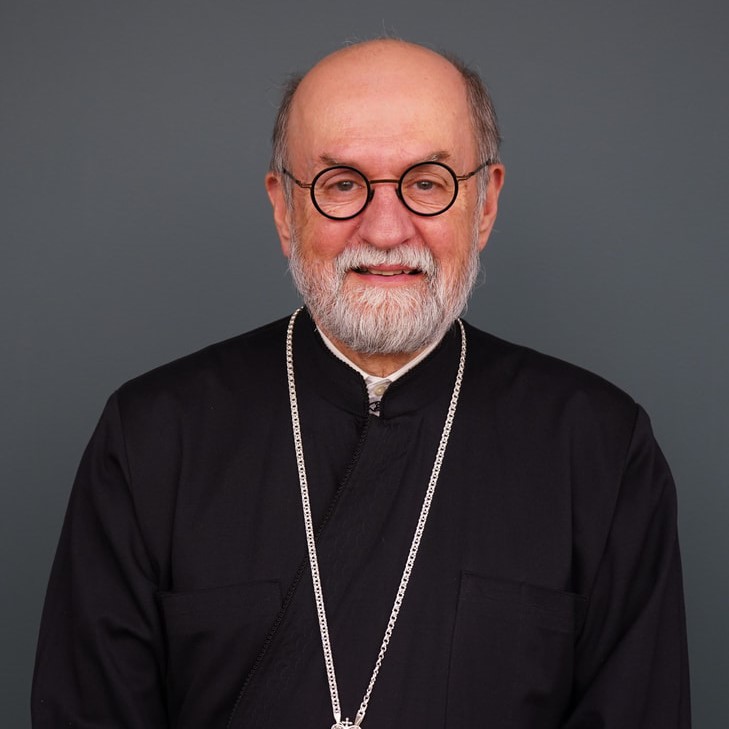- Home
- About us
- Students
- Courses
- Research
- Library
- News & Events
- Gallery
- Contact
- Our Blog
Latest News

2023 Theology Symposium - Call for Papers
May 16, 2023
admin
2023 Theology Symposium - Call for Papers
CALL FOR PAPERS
This call for papers invites expressions of interest to contribute a paper to the 4th Theology Symposium of St Andrew’s Theological College (Sydney College of Divinity) in August 2023. The Convenors ask that a title of the proposed presentation be submitted together with an abstract of 250 - 300 words by Monday 10th July, 2023.
The proposal should also be accompanied by the following contact details:
a) Title,
b) Name,
c) Institutional affiliation,
d) postal address,
e) phone number and
f) e-mail address.
All submissions should be addressed to Assoc. Prof. Philip Kariatlis ([email protected]). It is expected that the presentations will be 20 minutes with an additional 10 minutes for Q & A
The symposium welcomes presentations from the different disciplines of Christian theology interested in further reflecting on the Church’s missional identity irrespective of their field of expertise, academic affiliation or denominational background. Indeed, it is hoped that this cross-disciplinary approach (whether this be systematic theology, patristics, ethics, biblical studies, church history, liturgics etc.) will contribute by casting further light – indeed a more enriching and holistic perspective – on this most important aspect of the Church’s inherent being.
|
Keynote Speakers |
||
 |
 |
|
|
His Grace Bishop Dr Themistocles Head of Mission Centre, Sierra Leone |
Very Revd Dr Chad Hatfield President, St Vladimir’s Orthodox Theological Seminary |
|
|
At a conciliar gathering of all autocephalous Orthodox Churches from all around the world—namely, at the 2016 Holy and Great Council of Crete—a first ever document was formally approved titled, ‘The Mission of the Orthodox Church in Today’s World’. The specific contents of this document addressed the role of the Church in the public sphere arising from the Church’s apostolic character and in response to Christ’s great commission: “go therefore and make disciples of all nations, baptising them in the name of the Father and of the Son and of the Holy Spirit, teaching them to observe all that I have commanded you” (Mt 28:19). After reaffirming “the dignity and majesty of the human person” grounded in humanity’s vocation to deification, the document attempts to bring into conversation some of today’s most pressing issues with the wisdom and beauty of the Orthodox spiritual tradition. Some of the modern challenges identified included: the intrinsic divine gift of freedom and responsibility of all human beings created in the image and likeness of God; their right for peace, justice and aversion of war; racism and poverty; consumerism and the growing gap in economic inequity; human rights and bioethics, as well as technology and climate change. Essentially, the Church’s mission, according to the document, entails nothing less than the Church continuing the work of the apostles as mandated by Christ.
This year’s theology symposium will seek to explore what is meant by the mission of the Church in the twenty-first century. Given the overarching theme, the Symposium welcomes presentations of those interested in: a) further exploring the missional character of the Church more generally from within the different theological disciplines; and b) on a more practical level, presenting and theologically reflecting on the missional activities in which Churches might be engaged, with their faithful but also the community more broadly. The hope is that such focus on the missional character of the Church will provide a richer tapestry of missional models thereby casting further light—indeed a more enriching and holistic perspective—on this most important dimension of the Church’s mission in the world today so that the Church may be better empowered to continue to “proclaim the good news of a new creation, of new heavens and a new earth in which righteousness dwells (II Pt 3:13); news of a world in which God will wipe away every tear from people’s eyes; there shall be no more death, nor sorrow, nor crying. There shall be no more pain (Rev 21:4-5).” (para. 1.1) |

.jpg)





.png)